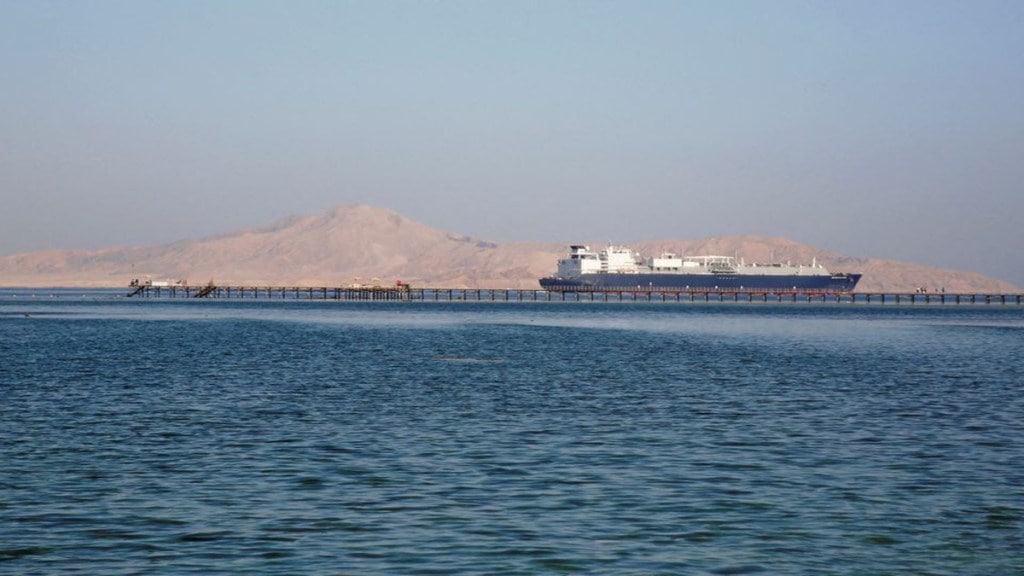Edible oil imports have shot up by 17% in calendar year 2023. Angshu Mallick, CEO, Adani Wilmar, tells Abhinay Kumar discusses the challenges that the industry is facing due to geo-political instability in Europe and Middle East. Excerpts:
Q. Prices have been volatile both globally and in the domestic markets with prices of sunflower, soya bean, mustard and palm oil prices decliningby 25%, 18%, 18% and 14% respectively. How has this impacted the business?
A. Being a commodity, edible oil prices are volatile at the best of times. Having said that, in our case since 65% of our demand is met through imports, external pressures like a policy of diversion of edible oil to biodiesel, climate and geo-political escalation in the Red Sea that has increased shipment time by 15 days to 30 days has resulted in increased prices. In the last two quarters in particular, government pressure on the industry to hold the priceline has widened the gap between domestic and international prices with corporates bearing the brunt of the differential.
Q. India is focusing on long term food security in edible oil but in 2023, our imports have grown by 17% with the import basket burgeoning to Rs 1.38 trillion. Your comments.
A. What we need to understand is that India can produce only certain types of oil seeds. We can produce more mustard seeds without much effort but to do so, we will have to cut down wheat or gram (chana) production because the growing time and acreage is the same. The problem arises in the case of soya beans which contain 20% oil and 80% meal. So you cannot just double or triple the oilseed production as easily as it involves dealing with the corresponding increase in meal or fodder too which is not competitive in the export market.
Q. In June 2023, the government decreased import duty on sunflower & soya bean from 17.5% to 12.5 %. How do you view this?
A. The government is under a lot of pressure to control the inflation and keep the prices of consumer essentials in check. This is the reason that the government has launched Bharat Atta, Bharat Dal, Bharat Chana etc at affordable prices. So, until the general elections which are slated later this year, we do not expect any policy change or rate change by the government. What should be kept in mind while making policy changes is that there should be a balance between affordable prices, stakeholder interests and self-sufficiency.
Q. How can this balance be maintained? What should be the approach of the government?
A. Balancing prices is one of the best ways to balance the production. This balance should be based on international prices. If the prices in the international markets are higher than domestic market prices, the duties should be lower and vice versa. With this mechanism, the farmers will have price stability to make an informed decision about the choice of crop to produce. When the MSP prices for oil seeds are higher than the actual seed prices in the market, the farmers choose to shift to wheat production given its captive procurement by the government. If there is proper price management of the commodity for the benefit of the consumer and the farmer both, it will encourage the farmer to produce more oil seeds.This will eventually bring down our import dependency in edible oils.
